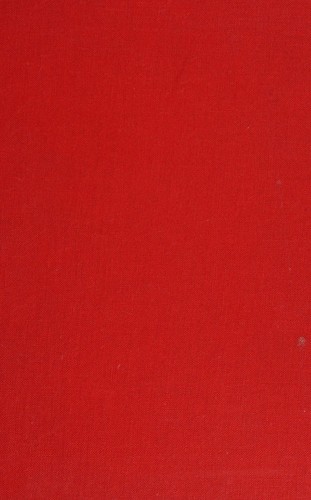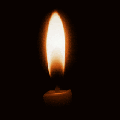4thace reviewed Doctor Zhivago by Boris Leonidovich Pasternak
Review of 'Doctor Zhivago' on 'Goodreads'
5 stars
To think of this book as another in the line of big Russian books set during wartime is probably to miss a lot of what the author was after. While the centerpiece of the story is the First World War and the Russian Revolution, which cannot be separated from the main themes of the novel, the reaction of the main character to what is happening around him and inside of him is not primarily about war, or politics, or even love. We spend most of the book looking through Yuri Zhivago's eyes, but we only rarely get the sense that he is able to put together a coherent picture of what is happening and why, or what it all might mean. Things happen according to their own logic, not because they make practical sense in a realistic manner, but to express some deep intention of the author's. It feels authentically …
To think of this book as another in the line of big Russian books set during wartime is probably to miss a lot of what the author was after. While the centerpiece of the story is the First World War and the Russian Revolution, which cannot be separated from the main themes of the novel, the reaction of the main character to what is happening around him and inside of him is not primarily about war, or politics, or even love. We spend most of the book looking through Yuri Zhivago's eyes, but we only rarely get the sense that he is able to put together a coherent picture of what is happening and why, or what it all might mean. Things happen according to their own logic, not because they make practical sense in a realistic manner, but to express some deep intention of the author's. It feels authentically tragic in the end, both the hardships caused by war and the fulfillment brought by love only to be lost. The way that other people move in and out of the main character's life feels both stylized but also natural, at least it does to a person like me who has lived long enough to know that what happens over the course of a life doesn't always being tidy or orderly. At least as important as the events which happen are the intensely charged lyrical passages, frequently at the head of a section, where we see the natural world and fragments of the world constructed by society with all the intensity a poet can bring to the task. The Soviet authorities opposing Pasternak wanted a story which gave a lesson in line with the doctrine of the time, but instead what we encounter is a tale where the various characters grasp at anything they have to bring meaning to what they see, whether it is Christianity, mystical paganism, western empirical thought, or a kind of tribal trust in one's own family and small community. It rings true, and it was not what the authorities wanted.
The Lara character is shown for maybe half of the book, not all the way through as I had somehow expected. She is a woman who brings a tumultuous train of story elements along with her, and Zhivago is drawn to her as though by a law of nature. And in the end, he finds that he has to separate from her by an equally strict set of rules, even though they both love one another deeply. The sections where they are together are not sexy as much as they depict their bond as one with a certain rightness, even if illicit, dangerous, and ultimately doomed. After they are apart, it is as though Zhivago knows already that they will never meet again in life, so he cannot even strive to bring about a reunion. He's a different person, with a damaged circulatory system in the same way his emotional center itself is damaged. In the epilogue we see how life continues without him, during another war which is only lightly alluded to.
The audio narration was good, not too flashy or overusing different voices for all of the characters, only a slight indication of gender or social class, and in one class a comical foreign accent. He lets the horrific scenes and the rapturous lyric scenes speak for themselves.


